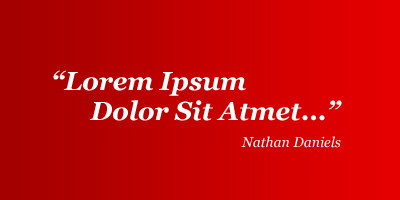|
The NATO Parliamentary Assembly’s spring session was launched Friday in Riga, for five days of debate on the changing issues facing the Alliance.
The discussions between over 320 delegates from 41 countries were expected to be frank, at a time when the Alliance itself is reviewing its Strategic Concept better to face current and future security challenges.
The various committees will be drafting reports and recommendations to submit to NATO on topics ranging from operations in Afghanistan, maritime security, WMD proliferation, concerns about the global economy and environment, to the Alliance ’s renewed relationship with Russia, among others.
“The Assembly helps make NATO policies more transparent,” the Assembly’s Secretary General David Hobbs said. “Some people say, ‘all they do is talk’, but it’s a place where important decision-makers get together and discuss ideas. The Assembly is a place where Alliance parliamentarians can share views on how NATO could and should adapt to the security challenges of the 21st century.”
The head of the Latvian delegation agrees. “We are already looking ahead to future security issues” said Vaira Paegle, member of parliament for the Latvian Pilsoniskā savienība party (Civic Union).
The Assembly not only helps NATO to understand its members’ concerns, but also builds consensus between the national legislators across the Alliance, says Jānis Eichmanis, Latvian ambassador to NATO in Brussels.|
“It goes both ways,” he said. “Parliamentarians vote on defence budgets. And if they don’t understand fully the security challenges that we are facing, then they’re going to be at a disadvantage when it comes to debating in their own parliaments,” he said.
As the Alliance extends eastwards, so the diversity of its members’ priorities increases, making such consensus-building ever more important.
This is an opportunity rather than an obstacle, according to Hobbs. “The new members bring new perspectives, fresh thinking,” Hobbs said. “They’re providing a new injection of vitality to the Alliance at a time when it needs it most.”
The frank and open exchange of views, which is not always possible in the more diplomatic forum of NATO’s Brussels headquarters, is “one of the great virtues of the NATO PA,” he said. “I think it’s very important within the fabric of the Alliance.”
Latvia, which joined the Alliance along with Baltic neighbours Lithuania and Estonia in 2004, has done “an absolutely fabulous job” of hosting the event, Hobbs said. Riga welcomed the NATO summit in 2006, but this is the first time the Assembly Session has been held here. The Assembly held a session in neighbouring Vilnius in 2001, and plans one in the Estonian capital for 2012.
Almost all of the NATO’s 28 member states are to be represented in Riga, along with 13 associate delegation and representatives from several international bodies. The full programme is available at http://www.nato-pa.int/default.asp?SHORTCUT=2014
NATO Parliamentary Assembly Press Service
This e-mail address is being protected from spambots. You need JavaScript enabled to view it
Mobile phone: + 371 20269377
|




